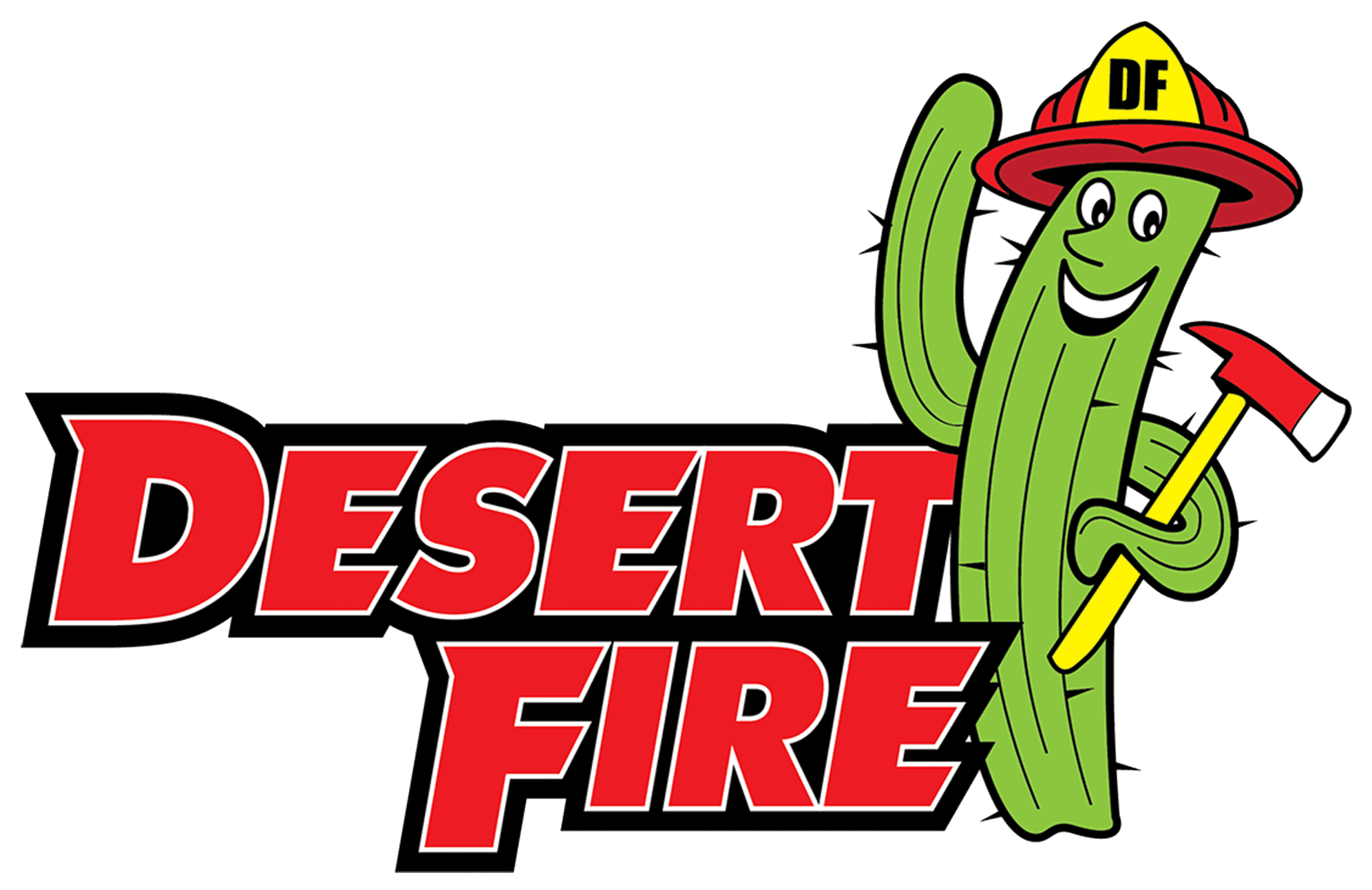
For more than 50 years, Desert Fire Extinguisher Co. has served Southern California with trusted fire protection services. But outdated paper systems left the family business vulnerable to liability, inefficiency, and lost revenue.
ServiceTrade transformed the way Desert Fire operates by replacing paper with a connected digital system. Features like photo documentation, automated asset records, and one-click compliance reports have reduced risk, improved efficiency, and positioned the company for sustainable growth.
Desert Fire struggled with mounting challenges brought on by its reliance on outdated paper-based systems. Improper documentation—including incomplete contracts, generic invoices, and misplaced paperwork—left the business exposed to costly risks.
“We had liability incidents in the past… and without appropriate clauses in our contracts, they came after us for the full amount,” recalled Joshua Gilbert, VP of Operations. Additionally, they relied on “very generic paper invoices with 3 copies” that included “nothing beyond numbers and lacked any terms or conditions.”
Tracking deficiencies was another weak spot. Gilbert admitted, “Deficiencies were written down on a piece of paper, and they’d get lost or end up in empty drawers.” This lack of follow-up cost revenue and weakened customer trust.
It was clear that without a modern, connected system, Desert Fire’s paper-based processes would continue to expose the company to liability and lost revenue.”
Desert Fire turned to ServiceTrade to move beyond its paper-heavy, liability-prone processes and modernize operations. One of the first benefits was the integrated terms and conditions feature, which immediately strengthened contracts. Joshua Gilbert described this as an “inadvertent benefit” that allowed the company to refine agreements over time, reducing exposure and strengthening customer protections.
Meanwhile, the rollout of ServiceTrade’s inspections solution proved to be a game-changer. Instead of relying on risky “rubber stamp” practices, the software required technicians to capture photographic proof—such as tagged risers and valves turned back on—ensuring accountability. Gilbert explained, “The system requires specific photos, and that’s built a lot of customer trust. Customers can see exactly what we saw—corrosion, leaks, or other issues—so they understand the repairs we recommend.”
ServiceTrade also gave Desert Fire the ability to create structured inspection checklists that removed ambiguity and added accountability in the field. Gilbert explained, “We’ve been able to get really granular with ServiceTrade—list of items, checklists, steps—everything’s built in so techs don’t skip anything.” Learning from past setbacks—including a hotel sprinkler incident that caused $400,000 in damage and led to doubled insurance rates—Desert Fire now uses ServiceTrade checklists to proactively prevent oversights. For example, technicians must confirm that risers are turned back on and provide photo proof, eliminating the risk of forgetting one riser among dozens. Gilbert described how they anticipate “any possible scenario of an issue” and build a step into inspections to prevent it. Each action is backed by timestamped photos and customer-signed work acknowledgments, which Gilbert called “gold” for protection. This documentation not only prevents costly oversights but also provides proof in disputes—for instance, when an alarm company once accused Desert Fire of leaving a riser off, Gilbert was able to counter with records showing “documentation when we left, and that we left it on.”
Additionally, integration with platforms like the Compliance Engine made reporting seamless. As Gilbert explained, “Now I can just press a button and submit inspection reports. It’s been huge for us, and it’s good for the industry because it promotes safety and more business.” Even veteran technicians who were initially hesitant to adopt a digital system have fully embraced it. Gilbert shared, “They now consider it the best thing that’s ever happened to them.”
For Desert Fire, the initial effort of implementing ServiceTrade quickly paid off. As Gilbert put it, “Once the data was in place, the system auto-populates every year after that. Inspections are much quicker, and techs can focus on testing, deficiencies, and photos.”
That efficiency—combined with stronger contracts and better compliance—has enabled the company to cut risk, operate more effectively, and build lasting customer trust.
The impact of ServiceTrade on Desert Fire has been transformative, touching every part of the business—from contracts and compliance to technician efficiency and profitability.
ServiceTrade’s contract tools and inspection workflows dramatically reduced liability. The requirement for photo evidence eliminated costly oversights—such as systems left offline—and gave customers confidence that recommendations were legitimate. By incorporating terms and conditions into every contract, Desert Fire has significantly lowered its legal risks.
The shift from paper to digital inspections also made work faster and more accurate. With auto-populated asset data, technicians no longer waste time re-entering information. Reporting to compliance platforms now happens instantly. “It’s been huge for us, and it’s good for the industry because it promotes safety and more business,” Gilbert emphasized.
Perhaps the most dramatic change has been in profitability. By digitizing deficiency tracking, Desert Fire can measure how many quotes are generated, how many turn into jobs, and how long each step takes. Now the team can track and close the loop on every deficiency.
“We’re a lot more profitable now because things aren’t just falling to the side anymore… our revenue has skyrocketed,” Gilbert said.
With ServiceTrade, Desert Fire has not only overcome the risks of outdated systems but also built a stronger foundation for future growth, efficiency, and customer trust.

Encore Fire Protection: Scaling Growth with a Single Operational Playbook As Encore Fire Protection expanded across multiple locations and brands, they needed a technology partner that could unify their operations and help every team deliver consistent, high-quality service. With ServiceTrade, Encore gained a single platform for scheduling, communication, and accountability—from field technicians to leadership. Teams […]
Fulshear Fire & Sprinkler LLC is a growing fire protection company with a clear mission: build efficient, scalable operations without losing sight of customer service. From the start, they chose ServiceTrade to manage operations and experienced a smooth implementation that grew with them as they added new services and technicians. But as inspections became a […]